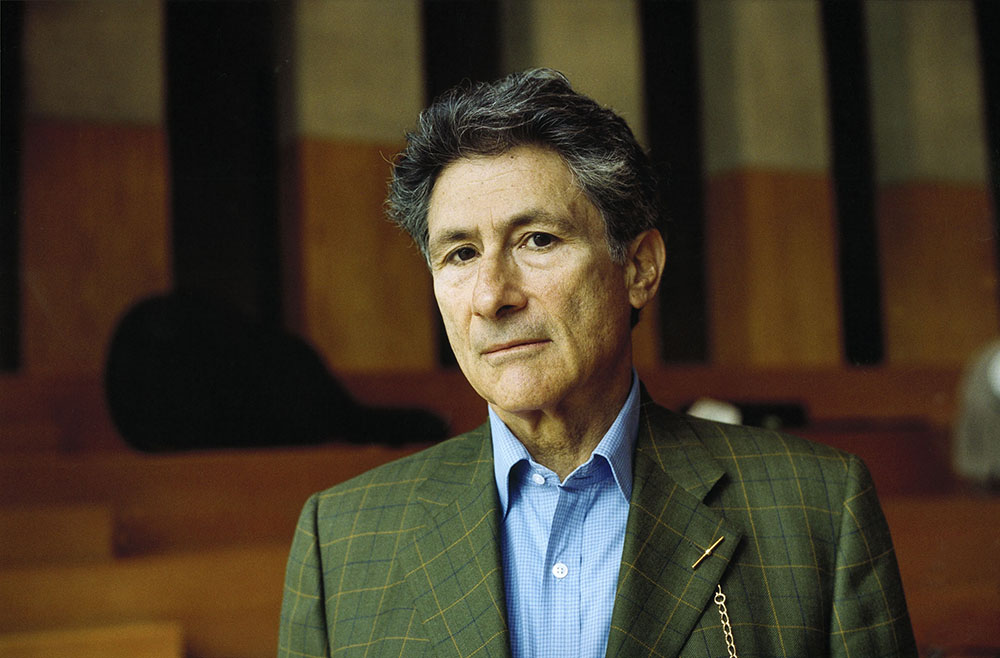At Popula, historian Daniel Varisco revisits Edward Said’s influential 1978 book Orientalism, which argued that Western scholarship on “the East” was deeply shaped by an imperialist viewpoint. Varisco, who is himself a historian of the Middle East, praises Orientalism for sparking a transformation in academic attitudes toward the non-Western world, even as he suggests that Said’s blanket dismissal of whole areas of study was too heavy handed. Here’s an excerpt:
Forty years is enough time to wander about the wilderness of competing barbs about who best understands events in the Middle East and among Muslims. Said’s call for a sympathetic and objective approach to academic study has been heeded by most scholars. His polemic against Orientalism, even though flawed, remains important as a call to recognize and critique ethnocentrism and racism. Before his passing in 2003 Said was a passionate opponent of the mischievous “Clash of Civilizations” mantra, first proposed by Bernard Lewis in a 1990 article in the Atlantic Monthly and then popularized by political scientist Samuel Huntingon. Such clash thinking and talking have been used to justify American involvement in Afghanistan and Iraq, as well as support for a questionable “War on Terror.” Donald Trump’s foreign policy, to the extent it actually coheres as a policy, is the latest example of othering any group that is deemed by him to be anti-American. Referring to Mexican immigrants as rapists or small countries as “shit-holes” is exactly the kind of deplorable hate speech that Edward Said courageously assailed.
Image of Edward Said via culture.pl.
